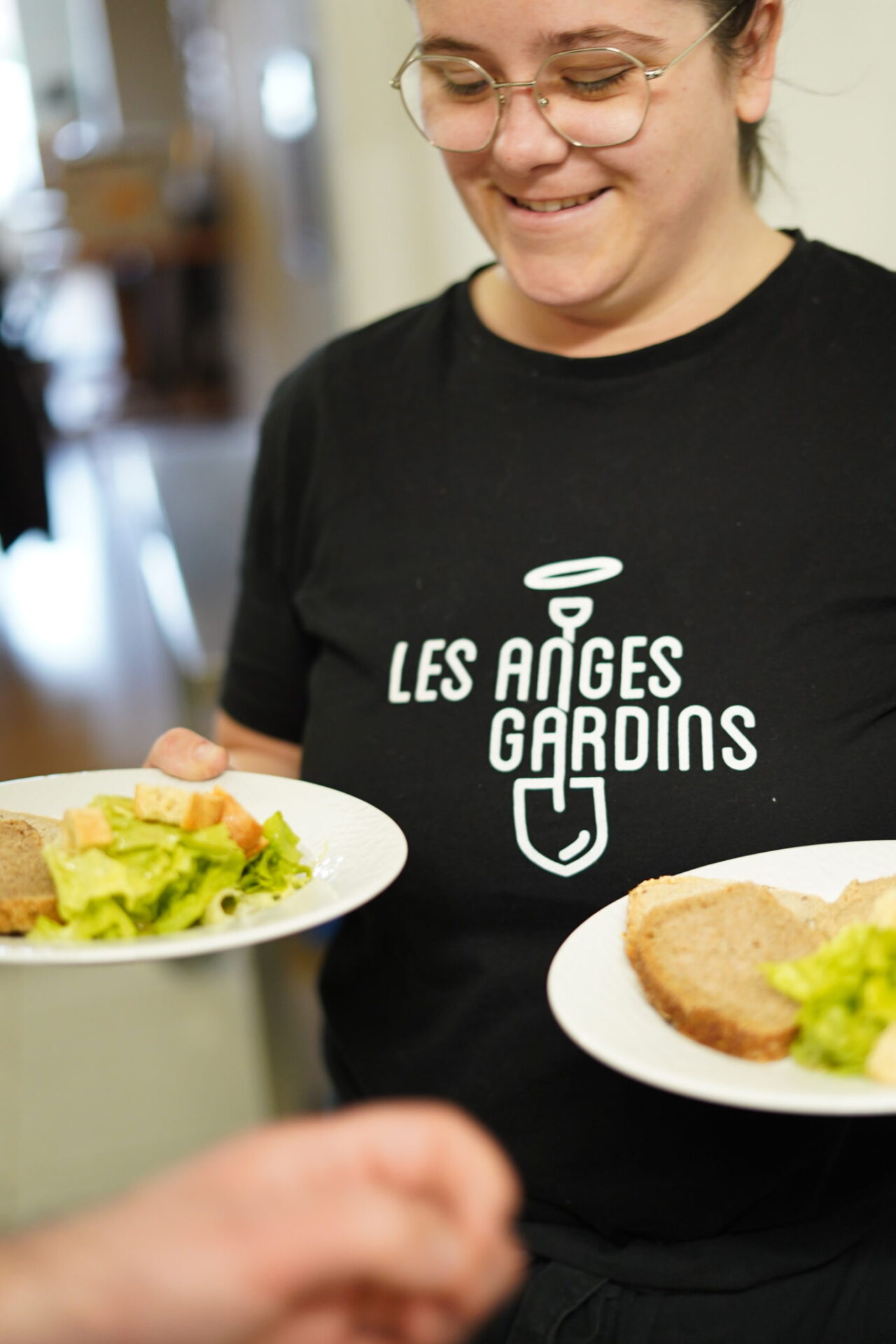Doing better (not more) with less: functional economy businesses
We hear it all the time: our current economic models need a deep transformation to become more ecologically and socially sustainable. But what does that mean in practice—especially for businesses? Can a company remain profitable while producing or selling less? One promising answer comes from a model called the Functional and Cooperative Economy (Économie de la Fonctionnalité, or EFC in French), a concept mostly developed and studied in France. It’s a different way of looking at value creation—one that focuses not on selling more products, but on providing better services, often with fewer materials and less environmental impact. At its core, EFC is about shifting from owning things to accessing the value they provide. Rather than buying a car, you subscribe to a mobility service. Rather than buying a light fixture, you pay for a guaranteed level of lighting. The idea is that companies stay responsible for the goods they produce, maintaining and repairing them, and making sure they last. It’s a model that discourages waste, overproduction, and planned obsolescence.
Some classical examples of EFC are those in which a company turns their product into a service. Like when, instead of selling tyres, Michelin offers a ‘mobility package’ including tyre performance and fuel efficiency. Here, the enterprise keeps ownership, handles maintenance, and helps clients—mainly large fleets—reduce costs and environmental impact. Other approaches go a bit further in rethinking value: it’s not just about selling services but long-term partnerships between providers, users, and communities. In this sense, a compelling example of the EFC in action is Les Anges Gardins, a social enterprise on France’s northern coast. Officially a part of the Réseau Cocagne network of solidarity-based organic farms, it does much more than grow vegetables. It reinvents food production as a way to address health, social integration, and territorial resilience. Through their model, an archipelago of urban plots is transformed into productive gardens, and into what they call “inclusive food territories”, the FLes Anges Gardinsood Ecopôles. Through these territorial hubs of economic cooperation, the food grown is distributed to individuals but also to collective consumers—like retirement homes and company cafeterias. By combining agricultural work with social services, Les Anges Gardins create jobs, restore degraded land, and improve community nutrition—all without needing to scale endlessly. Their model is now being replicated in former coal-mining towns, supported by municipalities.
This is what makes the functional economy more than just a business model: one of its core principles being cooperation—not only within a business but across sectors, institutions, and communities – it’s also a tool for territorial transformation. This opens the door to territorial projects that link public and private actors toward common goals. See for example the COOP’TER program, supported by the ADEME (France’s ecological transition agency), encouraging multi-stakeholder collaborations to build ecosystems – around food, health, housing…- based on use value— not volume. Maybe doing less, more thoughtfully, could be the most resilient business model we have.
Image credit : Les Anges Gardiens

